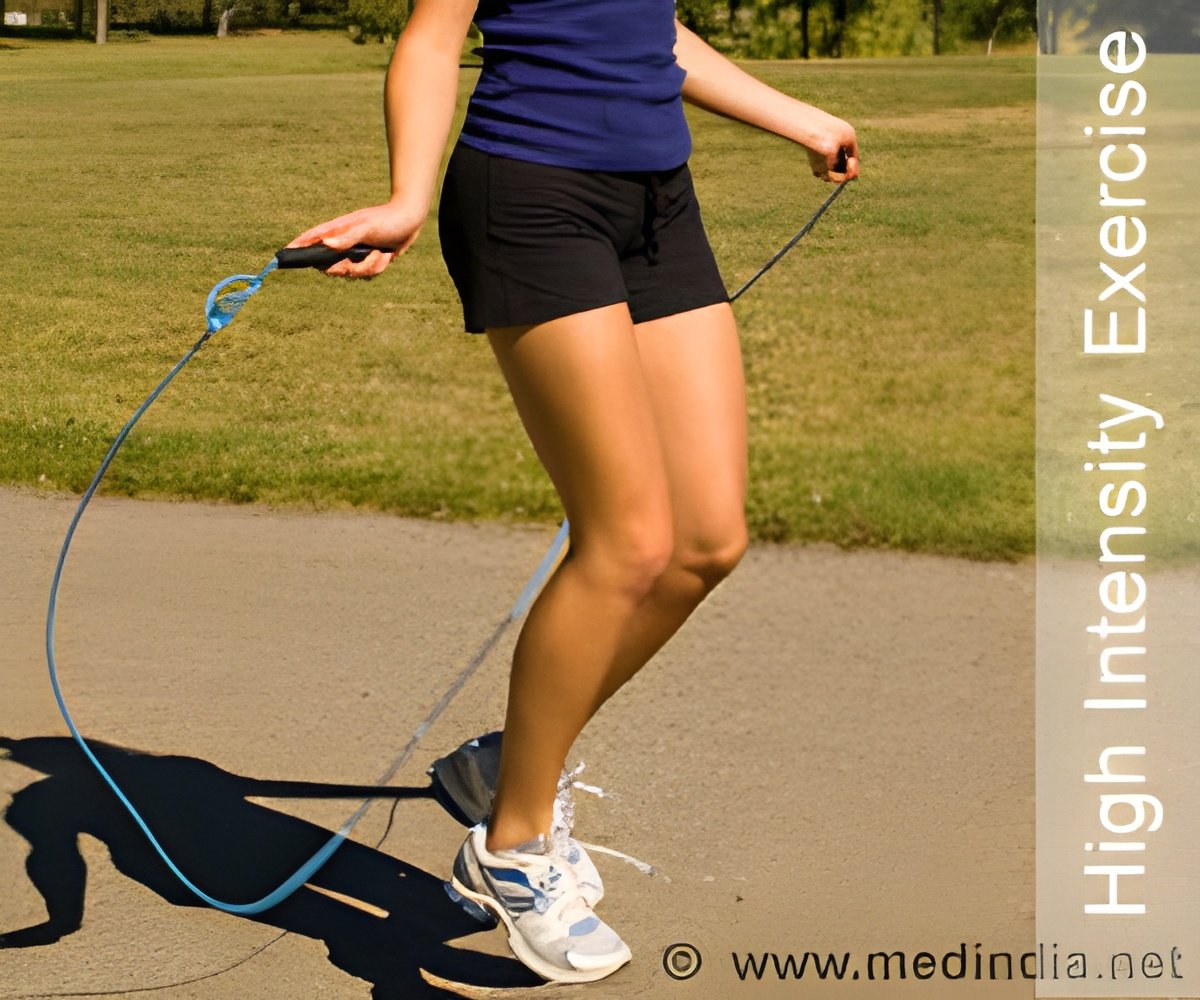A great cost-effective way to increase the accuracy of sports screening would be the use of echocardiography with conventional M-mode and 2D modalities, a new study suggested

Dr Kisko said: "Trained athletes are generally considered the healthiest people in society, seemingly invulnerable and often capable of extraordinary physical achievement. Their unexpected death during training or competition is a tragic event that assumes a high public profile and continues to have a considerable impact on the general public and the medical community."
He added: "The first historically recorded sports-related death was in courier-runner Pheidippides (530 BC–490 BC). Recent publicised deaths have occurred in 30-year-old Claire Squires, who was competing in the London Marathon on 22 April 2012, Piermario Morosini, an Italian football striker who died aged 25 due to cardiac arrest during the match almost a week earlier, and Michael Michalevitch, 29, who died suddenly while participating in the Tel-Aviv marathon on 15 March 2013.
Dr Kisko continued: "Sudden cardiac death (SCD) in young and apparently healthy athletes has long been considered rare but there is evidence that deaths occur as often as once every three days.A These deaths are usually caused by undiagnosed cardiovascular abnormalities but diagnostic screening is considered too expensive and is delivered sporadically. The medical community must become more involved in reducing the incidence and prevalence of SCD through an improved pre-participation screening process."
The "ideal" pre-participation screening (PPS) protocol in sports is cost-effective, has high diagnostic accuracy and is feasible in large populations. The European PPS protocol consists of personal and family history, physical examination and 12-lead electrocardiogram (ECG). There is controversy over whether adding echocardiography (ECHO) to the protocol increases the accuracy of screening and is cost-effective.
In the current pilot study, 500 healthy athletes aged 16-32 years (average age 21 ± 5 years) including 446 males and 54 females (8:1) participating in sports like football, athletics, handball, cycling, basketball and gymnastics were examined in 2011-2013. All athletes were screened according to the European PPS protocol. Cardiovascular abnormalities were not detected in any of the athletes.
Advertisement
Dr Kisko said: "In 4 athletes the abnormalities we found with conventional ECHO required them to stop sports temporarily or permanently. The standard protocol was not accurate or sensitive enough to pick up potentially life threatening cardiovascular defects. But the addition of M-mode and 2D ECHO exams, which are quick and simple to perform and quite inexpensive, picked up abnormalities in 14 athletes."
Advertisement
Dr Kisko concluded: "It is time to reignite the professional debate on mandatory pre-participation sports screening on a legal basis, and whether ECHO should be added to the standard protocol. We believe that in the beginning, ECHO could be reserved for screening of athletes starting a professional career in high intensity sports (marathon, cycling, triathlon, cross-country skiing, football, etc) and athletes at increased risk of SCD."
Source-Eurekalert








